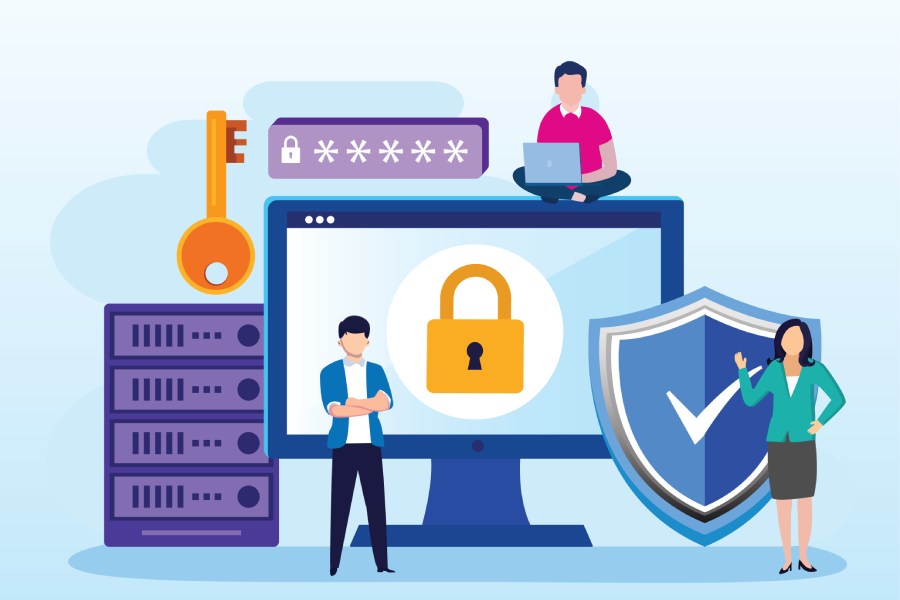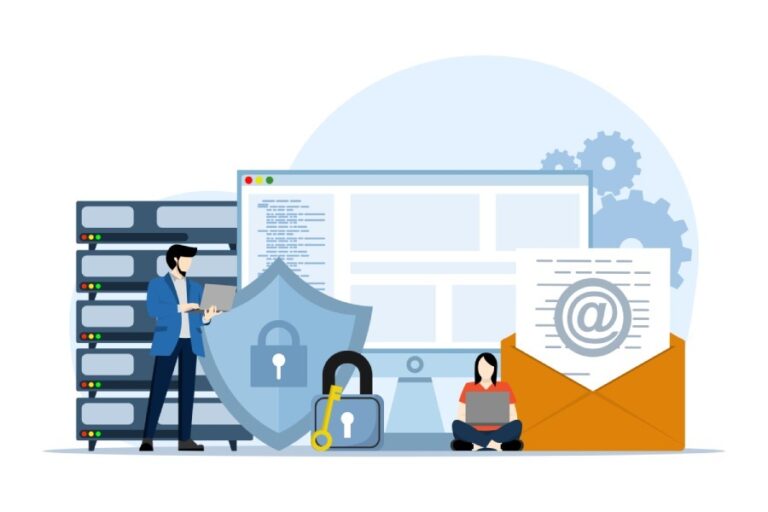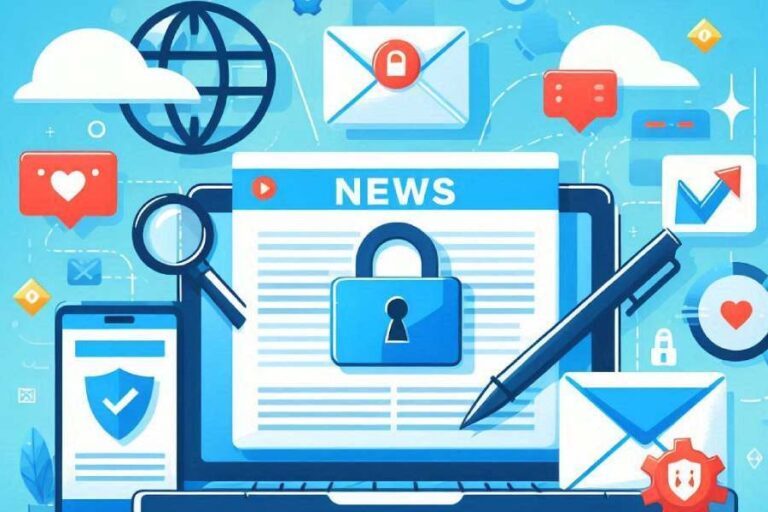Cybersecurity Basics for College Students: Understanding DMARC, SPF, and DKIM
In today’s digital age, cybersecurity has become a vital aspect of our everyday lives. For college students, it’s especially crucial. You’re often using email for everything from communicating with professors to networking with peers or applying for internships. Unfortunately, this also makes you a target for various types of cyber threats, such as phishing attacks, email spoofing, and identity theft. Understanding and implementing email authentication methods like DMARC, SPF, and DKIM can play a significant role in protecting you and your personal information. Let’s break down these email security protocols and why they’re particularly important for students.
DMARC (Domain-based Message Authentication, Reporting & Conformance)
DMARC is an email security protocol that allows domain owners to protect their email domain from being misused. It helps ensure that the emails sent from your domain are legitimate and not from malicious senders pretending to be you.

How it works: When a domain is configured with DMARC, it works alongside SPF and DKIM to validate whether an email is genuine. If an email fails the DMARC check, the email service can reject it or send it to spam, depending on the rules set by the domain owner. DMARC also provides reporting, so the owner can see who is trying to send email from their domain.
Why it matters for college students: College students often use email to share sensitive information, like assignments, personal data, or even applications for jobs or internships. Sometimes, students even share personal information when they buy essay, tutoring sessions, course materials, or proofreading services online. A compromised email address could lead to scams, fraud, or loss of important academic opportunities. DMARC ensures that your email domain is protected from impersonation, which is essential for maintaining the integrity of your communications.
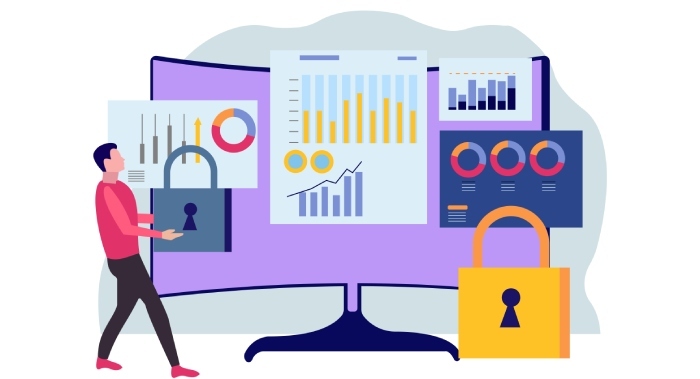
SPF (Sender Policy Framework)
SPF is a protocol that checks if the email coming from a domain is being sent from an authorized mail server. If an unauthorized server sends an email pretending to be from you, SPF helps to catch that and prevent it from reaching its destination.
How it works: SPF works by setting a list of allowed IP addresses for a specific domain. When an email is received, the recipient’s mail server compares the sender’s IP address to the SPF record of the domain. If the IP address isn’t authorized, the email is flagged as suspicious or outright rejected.
Why it matters for college students: College students are frequent targets for phishing emails, which try to trick them into revealing sensitive information like passwords, credit card details, or social security numbers. If you’re using your college email for academic or personal correspondence, you want to make sure that no one can impersonate you. SPF adds an additional layer of protection by confirming that emails are coming from a trusted source, reducing the risk of fraudulent messages.
DKIM (DomainKeys Identified Mail)
DKIM adds a digital signature to your email, which allows the receiving mail server to verify that the email hasn’t been altered during transmission and that it comes from a legitimate source.
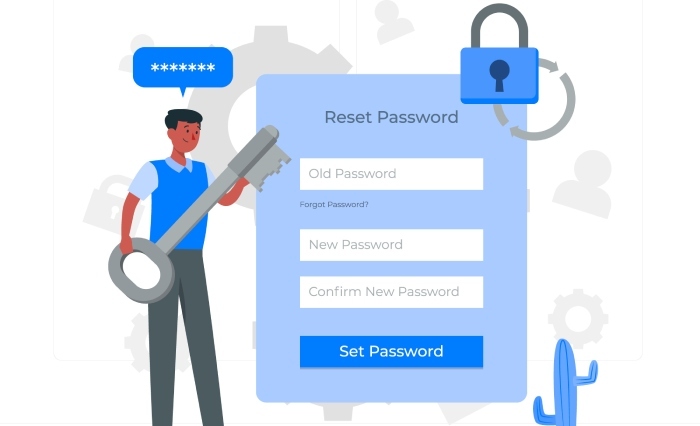
How it works: When an email is sent, DKIM creates a unique signature that’s based on the content of the email and the sender’s private key. The recipient’s mail server checks this signature against the sender’s public key to confirm its authenticity. If the email’s contents have been tampered with, DKIM will flag it as suspicious.
Why it matters for college students: If you’re communicating with professors, sending resumes, or exchanging personal information, it’s important that your emails aren’t tampered with or altered in transit. DKIM ensures that what you send remains intact and authentic. This is crucial for keeping your academic and personal information secure, preventing attackers from inserting harmful content into your emails.
Similarly, when submitting academic work, tools like an AI checker essay can help students verify originality and authenticity, ensuring their assignments meet academic integrity standards.
Why Cybersecurity Basics are Important for College Students
Cybersecurity threats are rampant, and students are often prime targets for attackers due to their busy, interconnected online lives. College students typically juggle a variety of online activities—email, social media, academic accounts, online shopping, and sometimes even managing their own websites. This connectedness can make them more vulnerable to cyber threats.
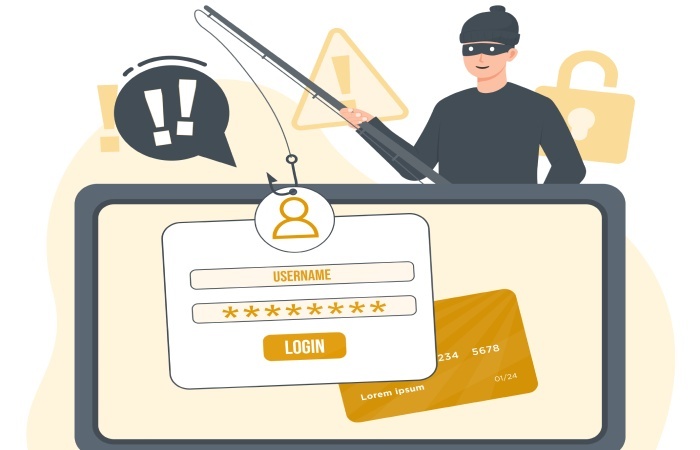
Common Cyber Threats Targeting Students
Phishing Attacks: Phishing is one of the most common attacks targeting students. In these attacks, cybercriminals impersonate trusted figures like university officials or potential employers to steal sensitive information, like login credentials or financial details. By implementing SPF, DKIM, and DMARC, you can ensure that your emails are harder to spoof, making it more difficult for attackers to impersonate you.
Identity Theft: Many students share a wealth of personal information online—everything from academic records to financial data. If your email gets compromised, it can lead to identity theft, credit card fraud, or other types of financial crime. Students who want to protect their academic work and personal information should buy essays, presentations, or other academic materials from reputable sources and communicate through secure email accounts, ensuring that sensitive details are not exposed to cybercriminals.By using proper email authentication protocols, you can make sure that your email account stays safe, adding an extra layer of protection.
Social Engineering Attacks: Attackers might try to manipulate you into sharing personal information through deceitful emails, phone calls, or websites.Students who buy essay or other academic materials should always use secure email accounts protected with DMARC, SPF, and DKIM, which can help ensure that others aren’t tricked into thinking they are receiving messages from you when they are not.
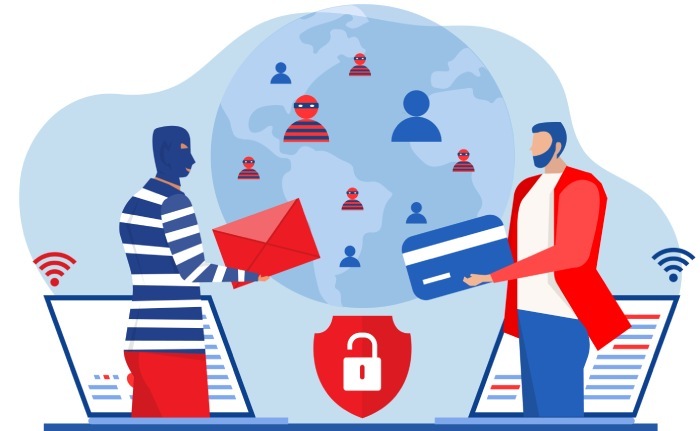
How It All Works Together to Protect You
SPF, DKIM, and DMARC are like three layers of defense. SPF verifies the sender’s identity by checking the sending mail server, DKIM ensures that the content of the email is unmodified, and DMARC ties these two checks together to enforce policy and reporting. Together, they make sure your email is sent securely and cannot be easily forged.
These protocols are especially vital for students because your email often serves as the gateway to academic opportunities, internships, jobs, and personal communications. If your email is compromised, it can lead to missed deadlines, hacked accounts, and even damaged reputations.
Cybersecurity is essential for everyone, but for college students, it’s even more important given how much personal, academic, and professional information is shared and stored online. DMARC, SPF, and DKIM are the key tools that help safeguard your email from cybercriminals, and understanding these protocols can be an easy yet effective way to protect yourself from fraud, data theft, and identity theft.
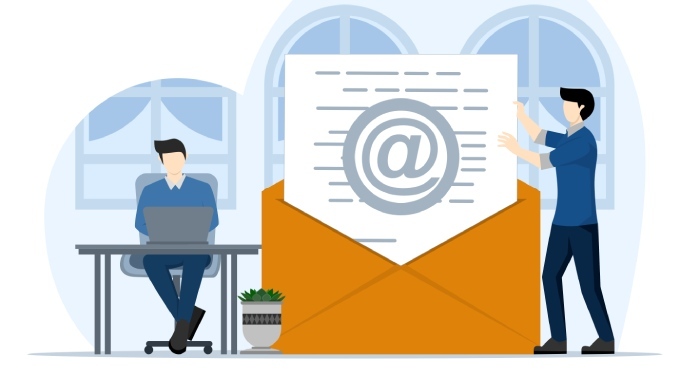
While many email services already implement these protocols, it’s important to understand how they work. When you’re aware of how email authentication systems protect you, you’ll be better prepared to spot suspicious activity and keep your digital life secure. The same awareness applies to your academic writing habits—using an AI detector before submitting your essays or projects can help confirm that your content meets originality standards and hasn’t been influenced by unauthorized AI tools.
By staying informed about basic cybersecurity principles and tools like DMARC, SPF, and DKIM, you can dramatically reduce your risk of falling victim to email-based attacks and ensure that your communications remain safe and secure throughout your college years and beyond.

